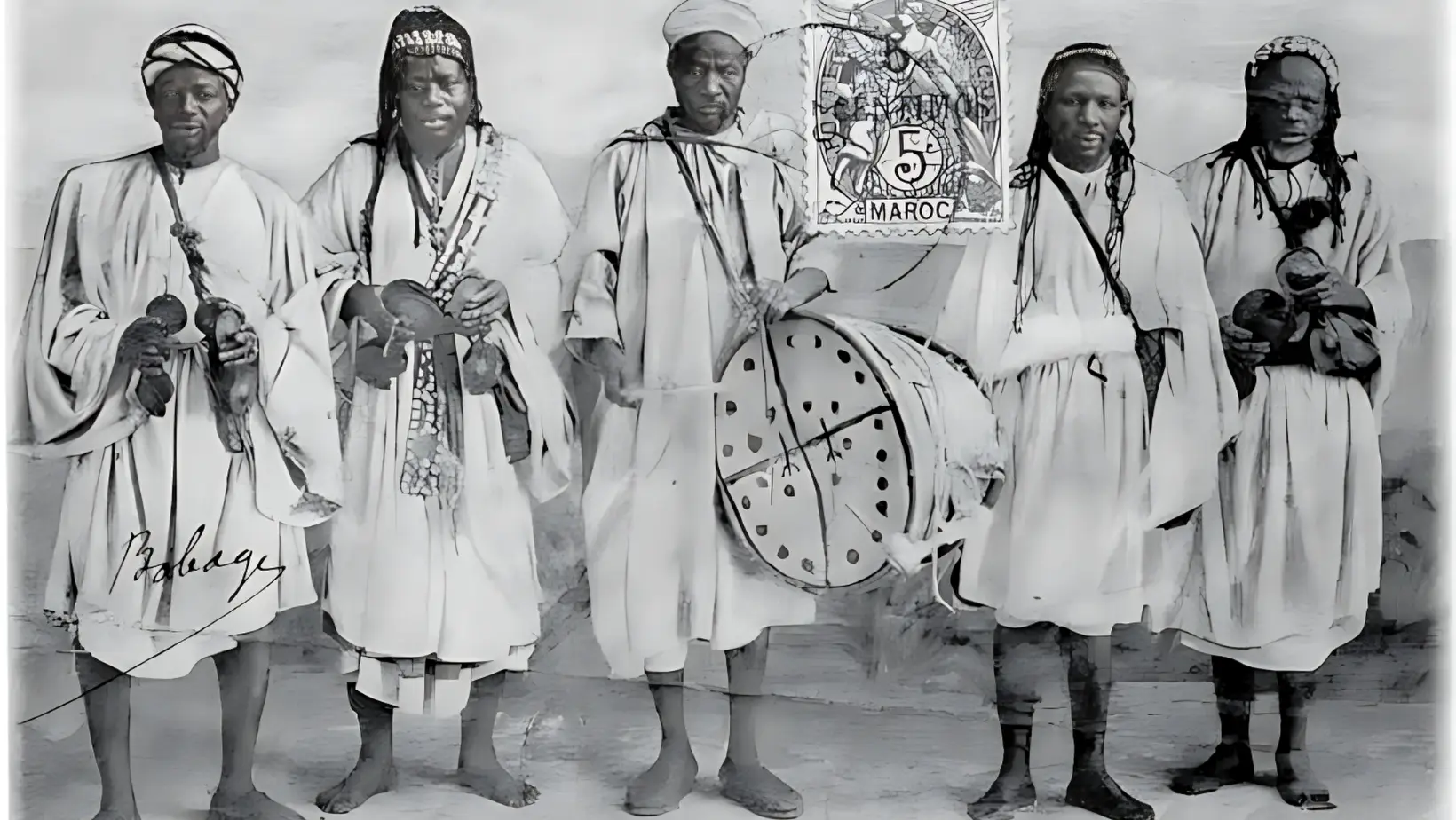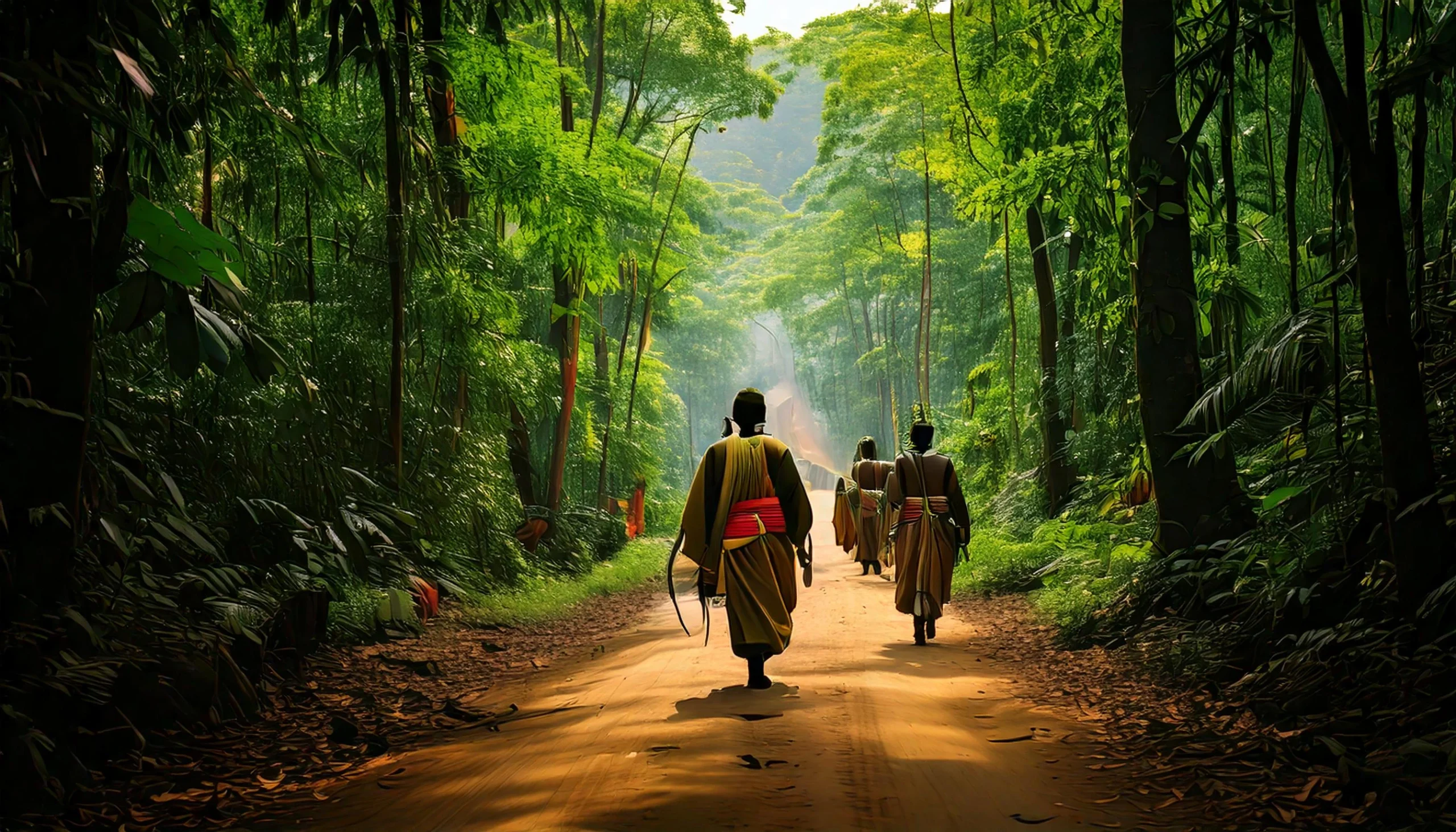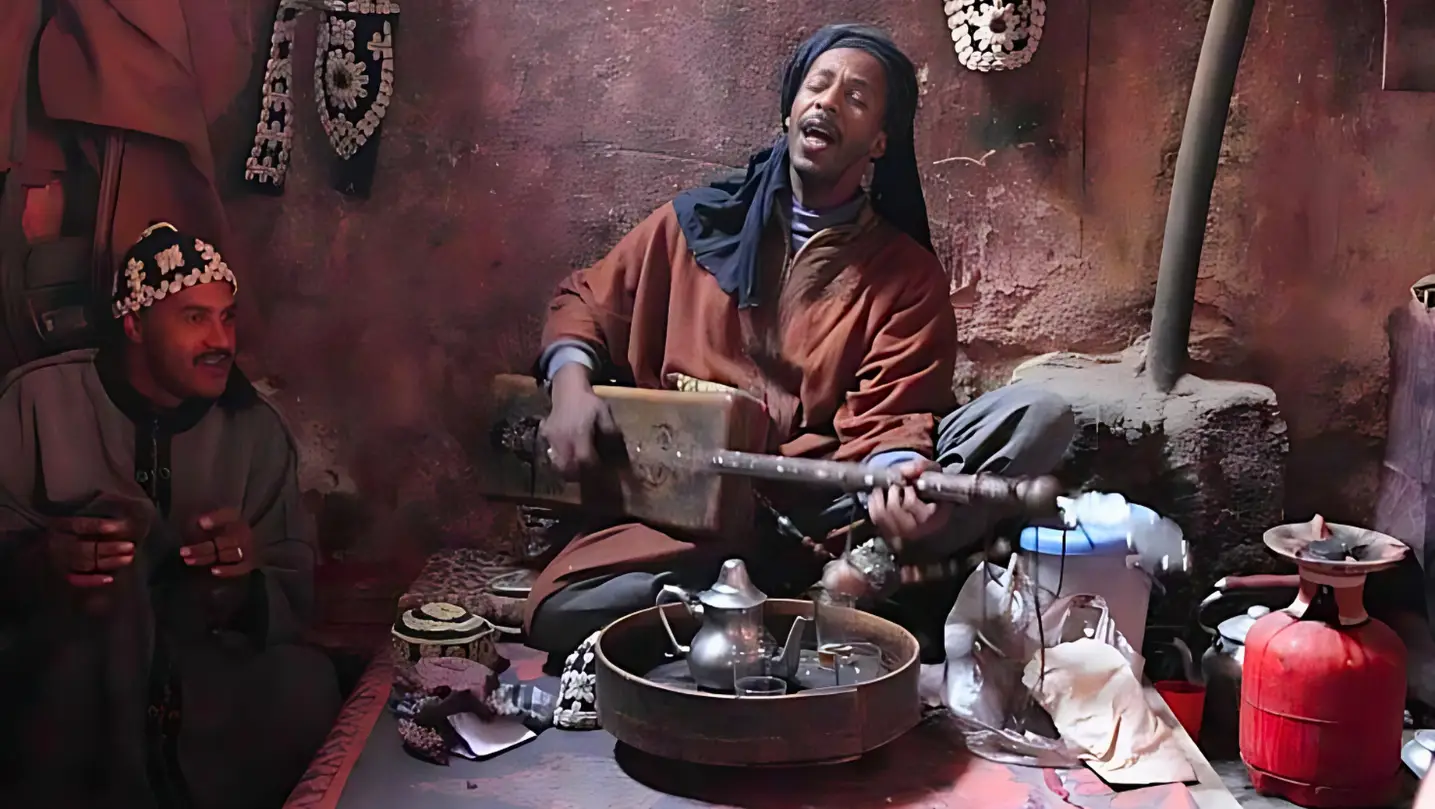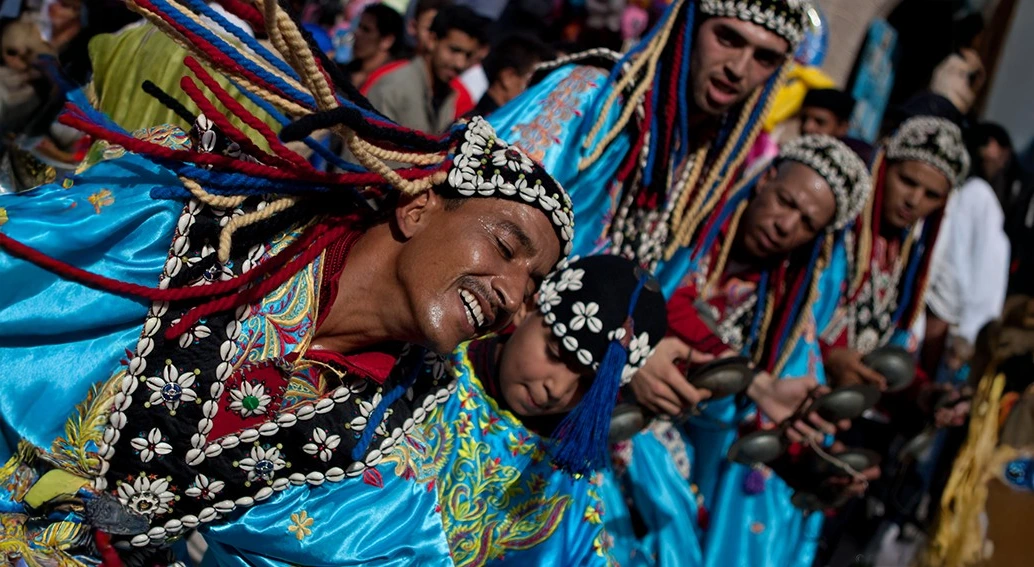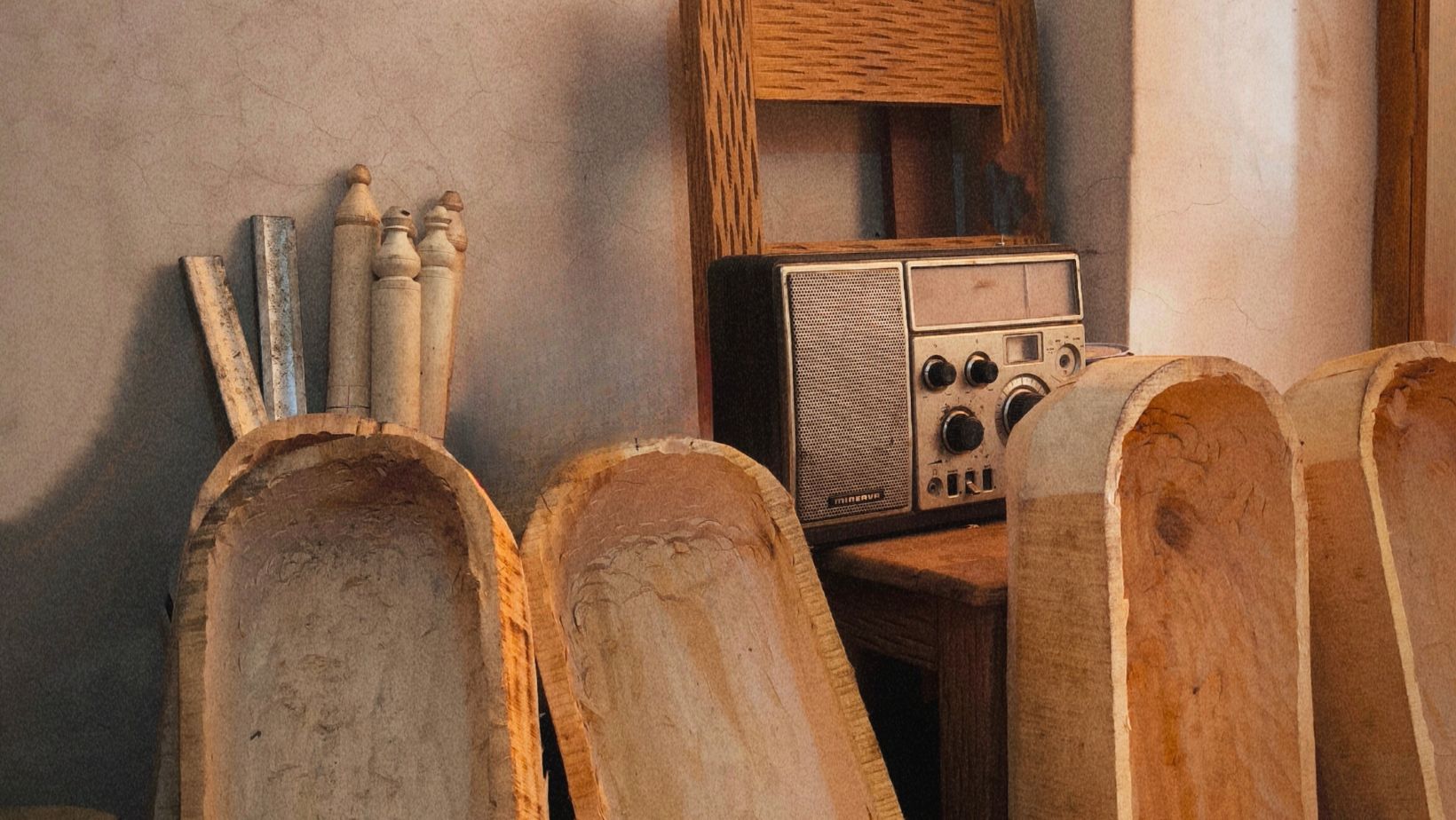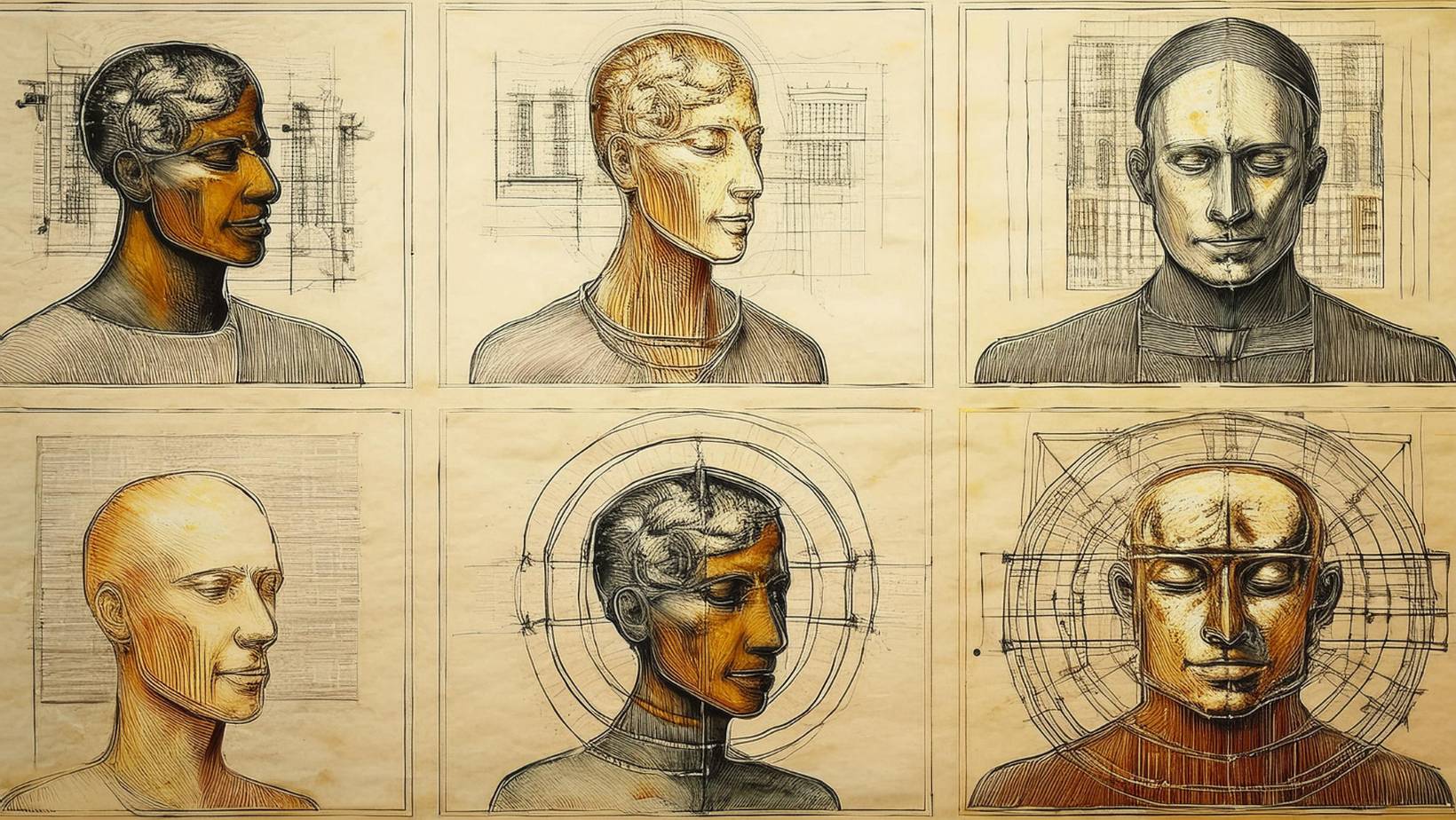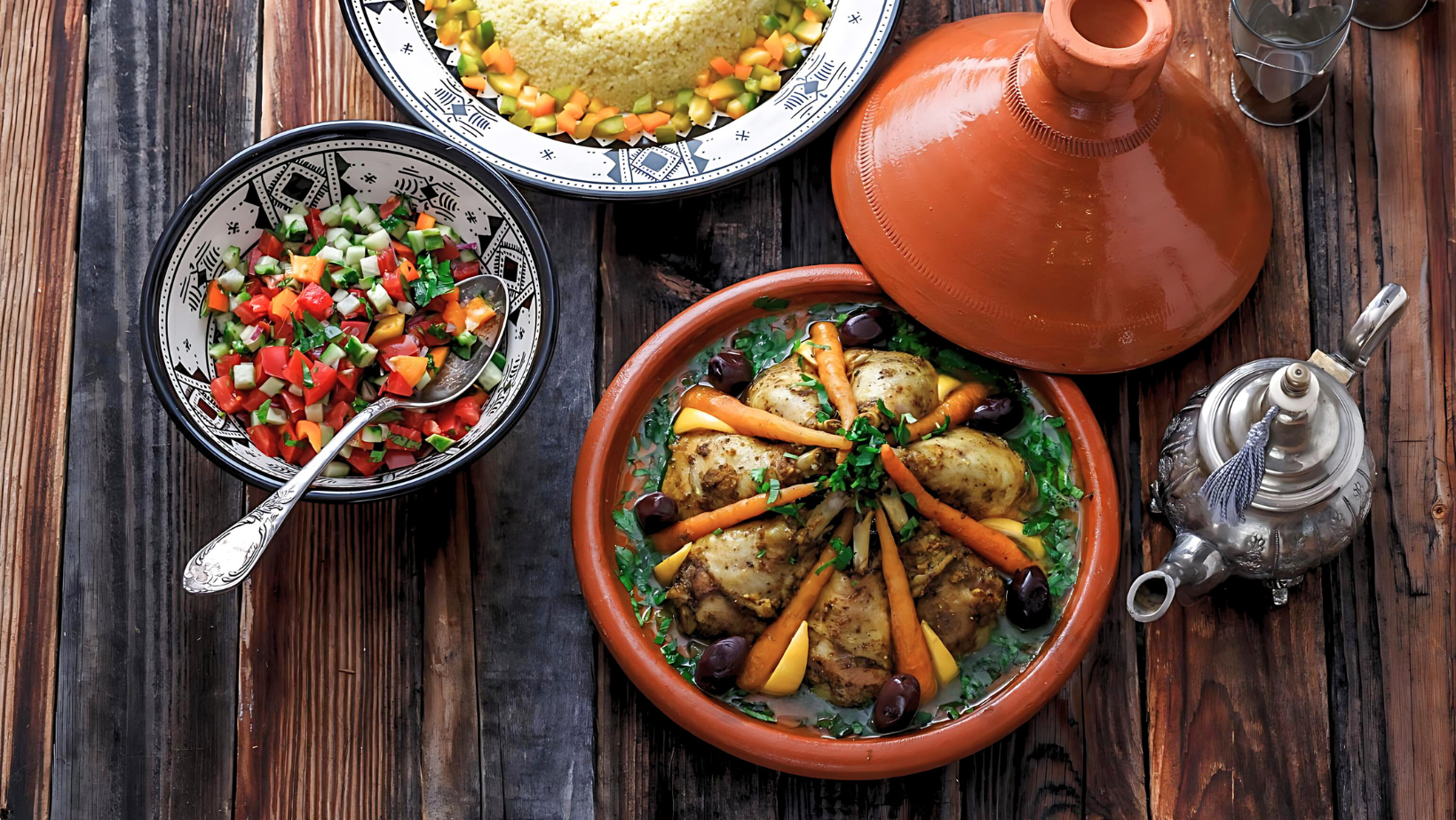Historical and Cultural Origins
Gnawa music, a rich tapestry of cultural influences, stands at the crossroads of Morocco’s diverse ethnic history, bearing witness to a complex past marked by slavery, racism, and Islamic spirituality. The Gnawa people, descendants of sub-Saharan African slaves brought over by Arab traders, faced discrimination but managed to forge a unique identity that blends Islamic traditions with animist African rituals. The term “Gnawa” itself is thought to have originated from the word “Guinea,” a region associated with the slave trade, and reflects the African roots of this community.
The music of the Gnawa is a testament to their resilience, reflecting their origins, enslavement, and the hardships they endured. It is deeply rooted in the spiritual practices of Sufism, a mystical branch of Islam, and is performed during ceremonies that aim to heal and illuminate the spirit. The “Hadra” ritual is one such ceremony, where music and spirituality intertwine to induce a trance state in participants, offering healing and connection.
Socio-Political Significance
Gnawa music transcends its artistic boundaries to serve as a socio-political tool, promoting values of tolerance, peace, and universal love, and fighting against extremism, racism, and terrorism. It has become a symbol of resistance and cultural preservation for the Gnawa people, helping to maintain their identity in the face of marginalization.
International Recognition and Modernization
The international community has recognized the cultural significance of Gnawa music, with UNESCO inscribing it on the Representative List of the Intangible Cultural Heritage of Humanity in 2019. This has led to a surge in global collaborations, blending Gnawa music with various international styles and creating innovative fusion music that has captivated audiences worldwide.
Gnawa music has evolved, incorporating elements from jazz, blues, reggae, and hip-hop, and has become more secular in its appeal. This modernization has not only preserved the genre but also allowed it to thrive in contemporary settings, resonating with modern audiences and inspiring Moroccan bands to achieve rock star status.
Gnawa Music Today
Today, Gnawa music is a vibrant and dynamic force, both a portal to the past and a contemporary phenomenon. It is performed at festivals and by renowned Maâlems (master musicians) who continue to wear traditional attire and play ancient songs, while also reaching new audiences through modernized instruments and styles.
The music’s roots are African, as evidenced by the drumming, the unique metallic castanets, the three-stringed bass lute (guembri), and the mosaic gowns and caps decorated with cowry shells worn by musicians. Gnawa music has also been linked to the development of other musical genres, such as the blues, with its influence felt as far as America.
Conclusion
Gnawa music is more than a genre; it is a living history and a cultural emblem of Morocco. It has journeyed from the secret ceremonies of enslaved Africans to the world stage, where it continues to evolve and inspire. As Morocco’s musical ambassador abroad, Gnawa music remains a powerful testament to the enduring spirit and creativity of its people.
